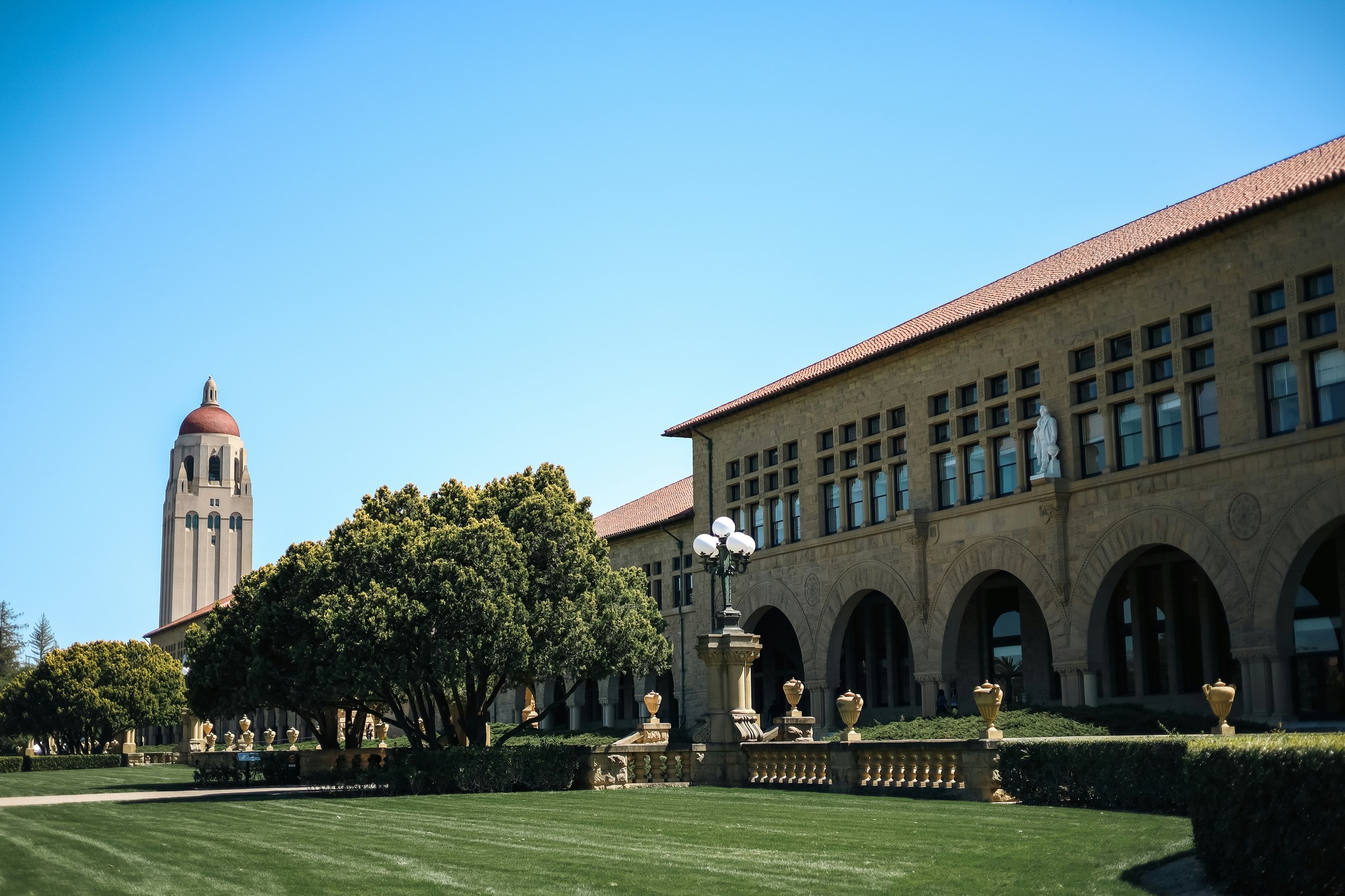Student debt in America has ballooned into a full-blown crisis. More than 43 million borrowers owe a collective $1.7 trillion in federal student loans. For many, that debt is more than just a monthly payment. It’s a barrier to owning a home, building a family, starting a business, or simply getting ahead. And now, the country finds itself in a heated debate: should student loans be forgiven for everyone?
At first glance, canceling all student loan debt might seem like a bold, even radical, move. But for millions of borrowers, it feels like the only path forward. The question isn’t just whether it’s possible—it’s whether it’s fair, sustainable, and beneficial to the country long-term.
Why Some People Believe Universal Forgiveness Is the Right Move
Supporters of universal student loan forgiveness argue that the system failed long before borrowers ever signed their promissory notes. Higher education was marketed as the key to upward mobility, yet wages haven’t kept pace with the soaring costs of college. Many graduates entered the workforce saddled with tens (or even hundreds) of thousands of dollars in debt, only to find job markets saturated, starting salaries stagnant, and the cost of living skyrocketing.
For these individuals, student loan forgiveness isn’t a handout. It’s a long-overdue correction. Erasing debt could allow them to invest in homes, start families, save for retirement, or contribute more meaningfully to the economy. It might even improve mental health outcomes, reduce generational poverty, and address long-standing racial wealth disparities since Black and Latinx borrowers tend to carry more student loan debt than their white peers.
Why Others Say It’s a Dangerous Precedent
Of course, not everyone agrees. Critics of blanket forgiveness argue that canceling all student debt sets a bad precedent. What about the people who already paid theirs off? Or the parents who sacrificed for years to send their kids to school without loans? Wiping away everyone’s balance could feel like a slap in the face to those who struggled to fulfill their financial obligations the traditional way.
There are also concerns about cost. Forgiving all student debt would likely require hundreds of billions in federal funds—money that could be used for healthcare, climate policy, infrastructure, or targeted economic relief. Opponents argue that such sweeping forgiveness doesn’t fix the root cause of the problem: the unaffordable cost of college itself. Without reform, future generations may simply take on new debt, expecting another bailout down the road.
And then there’s the concern about who benefits most. Critics point out that a large portion of student debt is held by individuals with advanced degrees, such as lawyers, doctors, and MBAs, who often go on to earn higher incomes. Does it make sense to forgive loans for people who are statistically more likely to be wealthy?

Is There a Middle Ground?
While universal forgiveness is divisive, a growing number of Americans seem open to more nuanced solutions. Some suggest forgiving a flat amount, like $10,000, for all borrowers. Others favor wiping out debt for people in public service roles or those under a certain income threshold. These ideas aim to ease the burden on struggling borrowers without rewarding wealthier individuals or dramatically increasing the federal deficit.
Another potential path is reforming repayment programs. Income-driven repayment plans, for example, can cap monthly payments based on what someone earns and offer forgiveness after a set number of years. However, these programs are often confusing, poorly managed, and inconsistently applied, meaning that fixing them would require a serious overhaul of the Department of Education’s processes.
Don’t Forget the Bigger Problem: College Is Still Too Expensive
Whether or not we forgive existing debt, there’s another elephant in the room. College costs continue to rise. If we cancel loans today without changing the cost structure of higher education, we’re likely to see the same crisis repeat itself in ten or twenty years. Real reform might involve increased public funding for universities, stronger oversight of for-profit colleges, or even tuition caps. Without addressing the source of the debt, forgiveness could be a short-term solution to a long-term issue.
Is Student Loan Forgiveness About Money or Justice?
Ultimately, the debate over student loan forgiveness is about more than just numbers. It’s about values. What kind of society do we want to be? Do we believe that education should be a right or a privilege? Are we willing to rethink old ideas about debt, accountability, and economic opportunity in light of new realities?
Whether you view student loans as a personal responsibility or a systemic failure likely depends on your own financial journey. But regardless of where you fall on the spectrum, one thing is clear: this conversation is far from over, and its outcome could shape the financial futures of millions.
What do you think? Should student loans be forgiven for everyone, or should forgiveness be targeted? How would student debt relief impact your life or the people you know?
Read More:
Student Loan Secrets: 9 Tips to Graduate Debt-Free and Stress-Free
3 Powerful Ways to Maximize Your College Savings
Read the full article here














